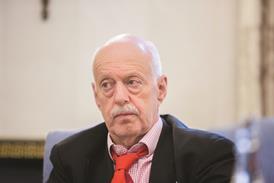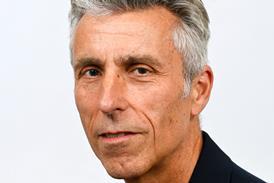What can the NHS learn from the global banking collapse or the US army’s struggle against insurgency? A lot, if you ask Tim Harford.
He is the economist author of Adapt, which argues that in our complicated world it is not possible for organisations to get things right first time, so they must experiment, be open to failure and change.
We interview Mr Harford in the first of our Outside the Box series, in which we talk to business leaders and thinkers from outside the NHS who could help the service tackle its challenges.
The Adapt author says NHS organisations should be hotbeds of experimentation, as the potential benefits of successful pilots are huge. However for this to work the public, as well as NHS staff and leadership, must become much more tolerant of failure.
This is a very tough call in normal times – you experiment with a national institution at your peril. In this polarised period, in which many pilots or plans are accused of driving or supporting an agenda, it is doubly difficult.
The NHS would also have to come to terms with difference. Mr Harford stresses the need “for a diversity of different approaches”. In the NHS that is too easily labelled “a postcode lottery”.
He encourages NHS leaders to “make lots of small bets which have a potential big upside”. He also admits those prepared to fail will have to show courage. Whatever you think of his thesis, there is little argument with that.



























2 Readers' comments